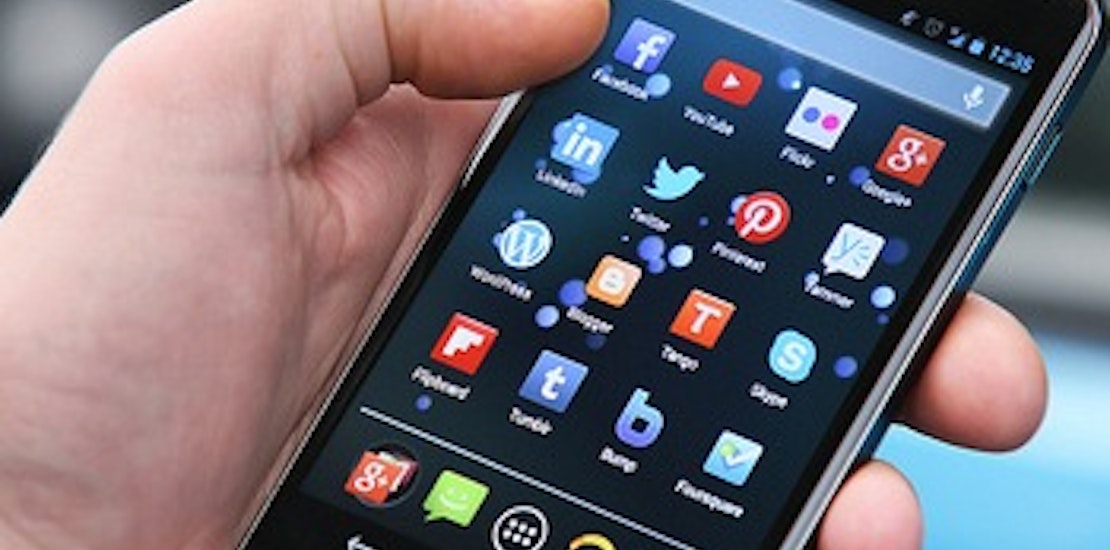What We Can't See On Our Phones Can Speak Volumes About Our Daily Lives

We bring them with us everywhere, so it may not come as much of a shock that when looked at under a microscope, our smartphones can reveal a lot about our lifestyles. Personal details like what kind of foods you eat, medicines you take, the makeup you wear and whether or not you prefer coffee or tea can all be revealed on closer inspection of that little device we’re all glued to night and day.
The Washington Post reports about a study published in Proceedings of the National Academy of Sciences that looks at smartphones and what scientists call our “molecular lifestyle signatures”. Though some of us may meticulously wipe down our phones on a daily basis, there are many that don’t and this means everything we touch and do all day may be evident on our phones.
Small traces of everything from the food we eat to the medicine we regularly take find their way on our phones. The study’s author Pieter Dorrestein explains what prompted his team to begin their “proof-of-principle” study. Dorrestein says, “All of these chemical traces on our bodies can transfer to objects. So we realized we could probably come up with a profile of a person’s lifestyle based on chemistries we can detect on objects they frequently use.”
Chemicals found on smartphones like sunscreens, cosmetics, plant matter, trace amounts of caffeine, and pharmaceuticals allowed scientists to come up with pretty accurate profiles of the phone’s user. One of the study’s authors Amina Bouslimani explains, “We could tell if a person is likely female, uses high-end cosmetics, dyes her hair, drinks coffee, prefers beer over wine, likes spicy food, is being treated for depression, wears sunscreen and bug spray — and therefore likely spends a lot of time outdoors — all kinds of things.”
Scientists are hoping that the new research can be beneficial to law enforcement in fighting crime. Studying the debris on a person’s phone or other personal item may help investigators get a better idea of a potential suspect’s daily routine and link them to certain objects. The authors of the study explain, “The molecular analysis would help a criminal investigator in narrowing down the owners of the object (e.g., a suspect of a crime scene or understanding the habits of a terrorist) by identifying specific lifestyle characteristics from objects they touch.”
What do you think of this study that suggests microscopic debris on a smartphone can tell a lot about a person’s daily routine?
Do you think this type of scientific analysis will be helpful to law enforcement?








_10242023164832.jpg?max-w=432&max-h=220&fit=crop&auto=format)

_08172023152001.jpg?max-w=432&max-h=220&fit=crop&auto=format)





_01252024061712.jpg?max-w=432&max-h=220&fit=crop&auto=format)


 (6)_07082023175312.jpg?max-w=432&max-h=220&fit=crop&auto=format)
 (1)_05192023144508.jpg?max-w=432&max-h=220&fit=crop&auto=format)
 (37)_05032023114523.jpg?max-w=432&max-h=220&fit=crop&auto=format)